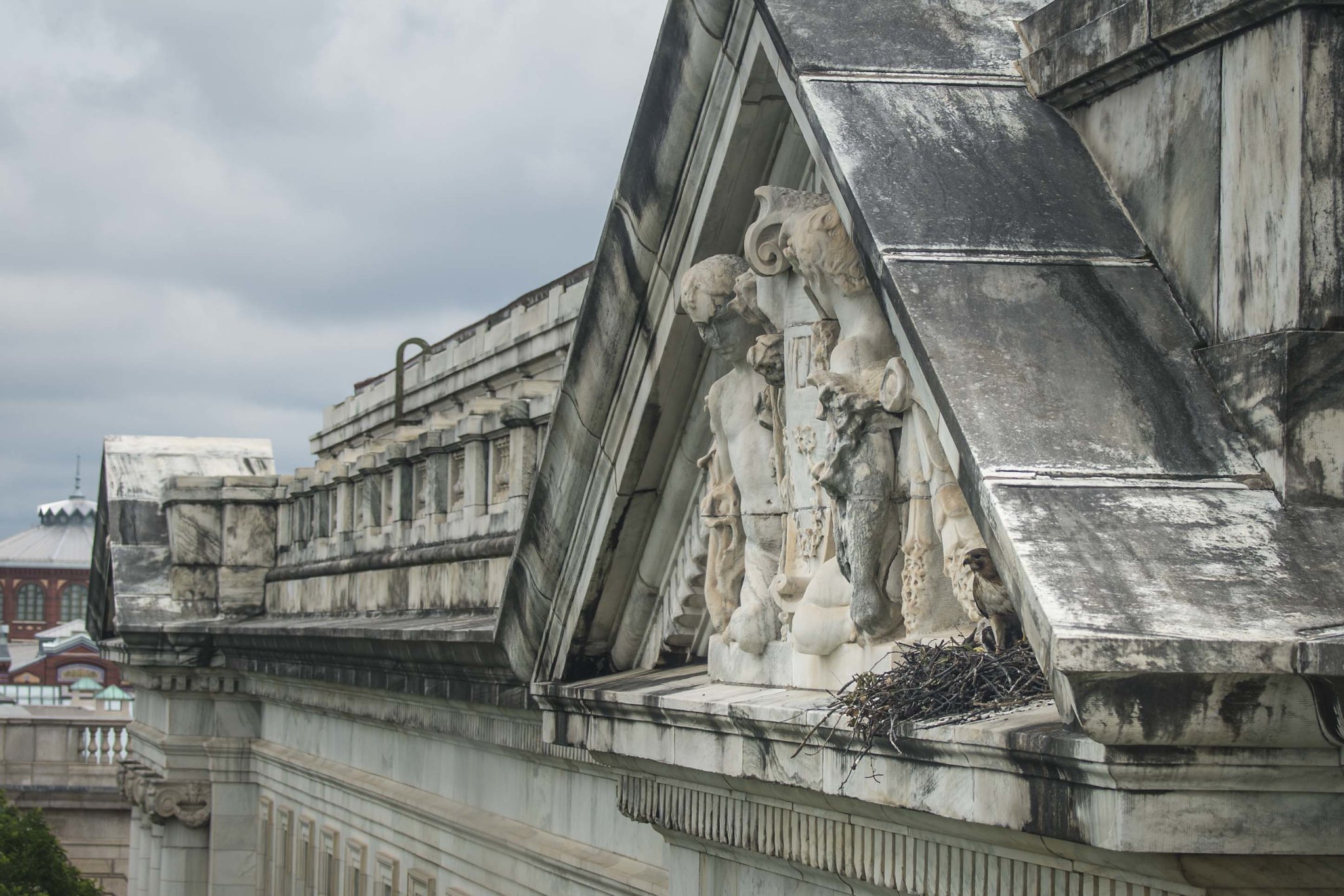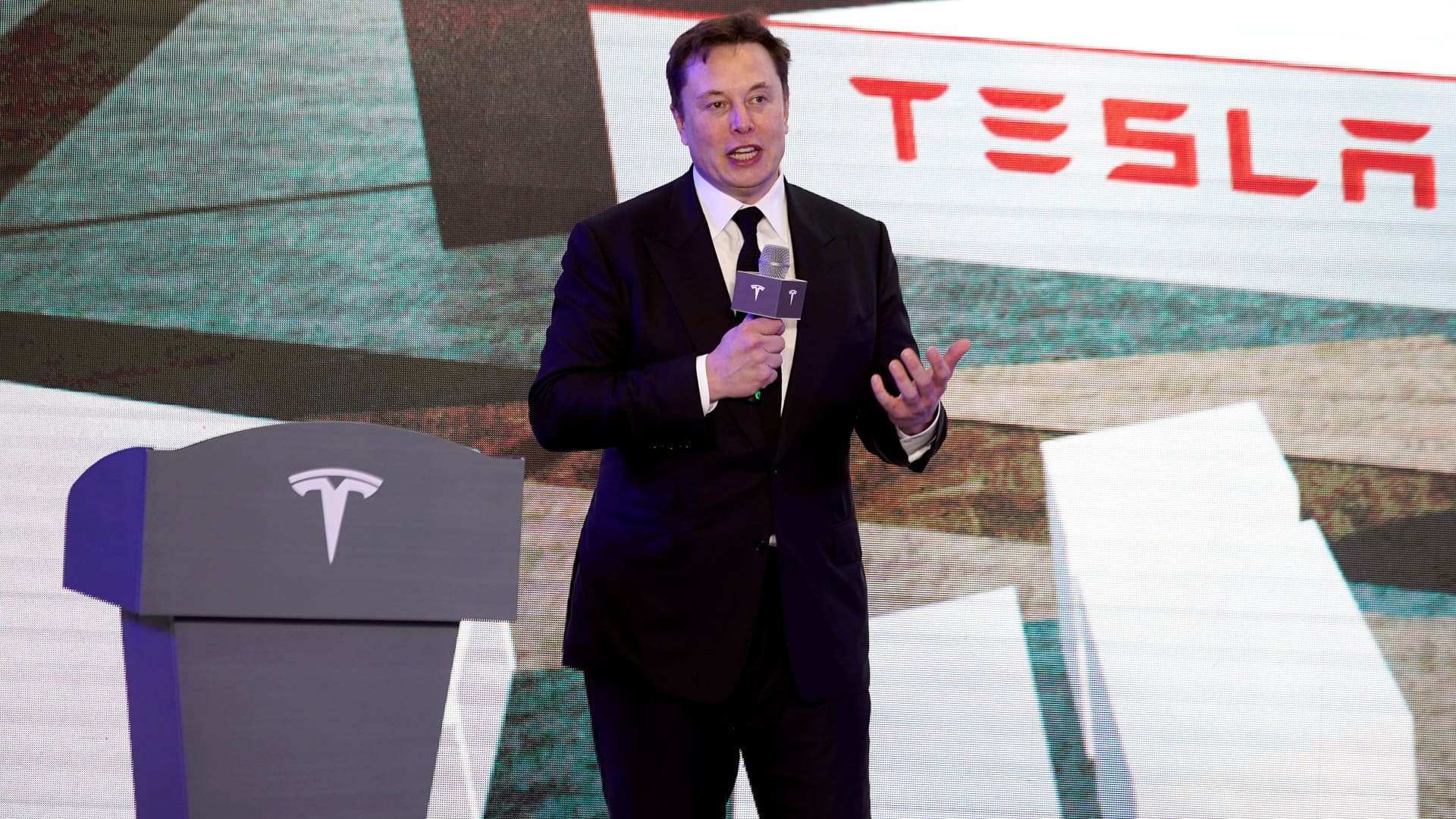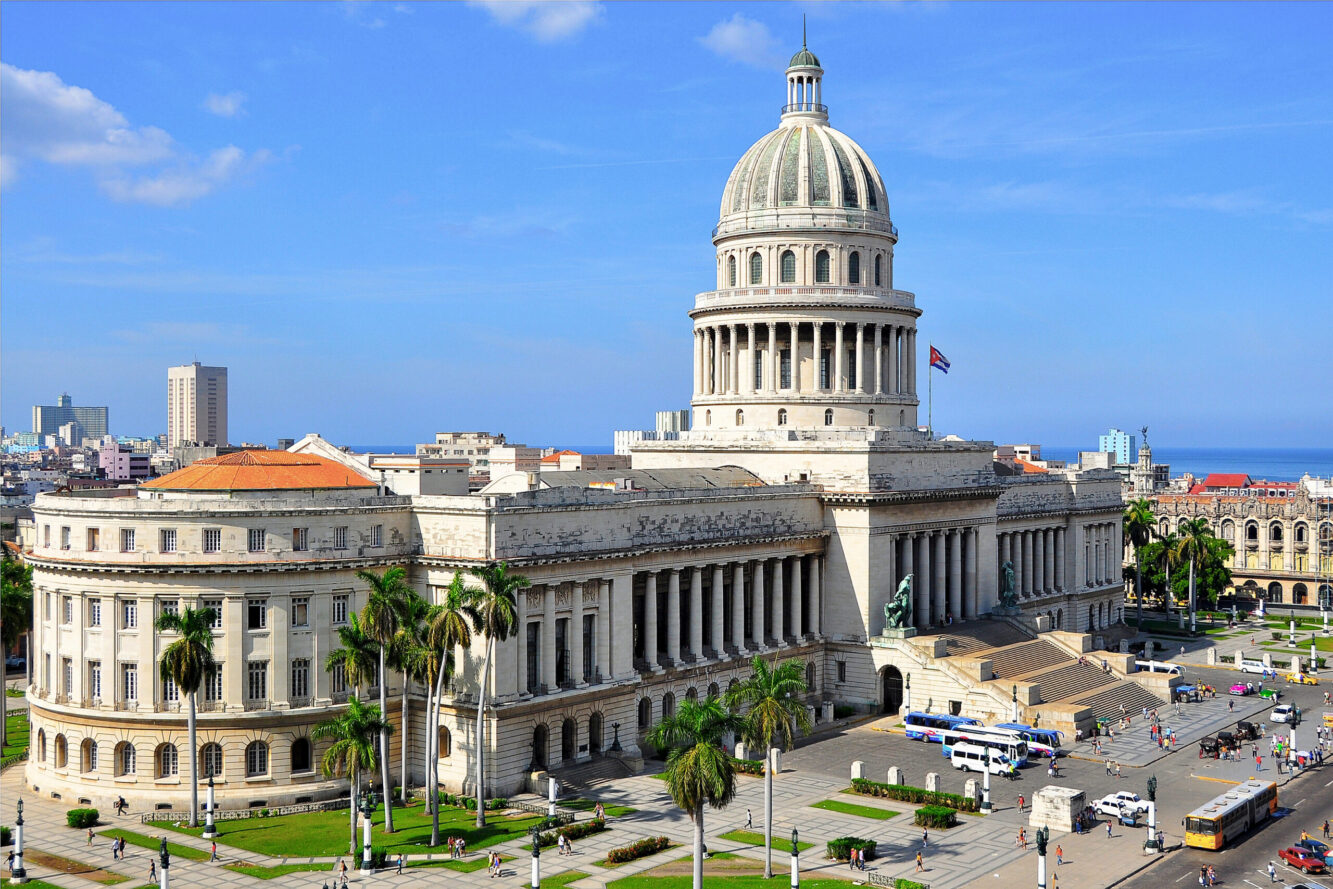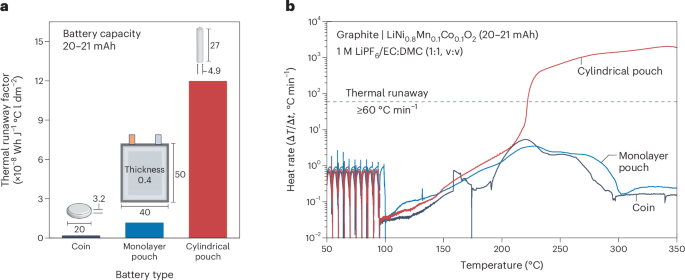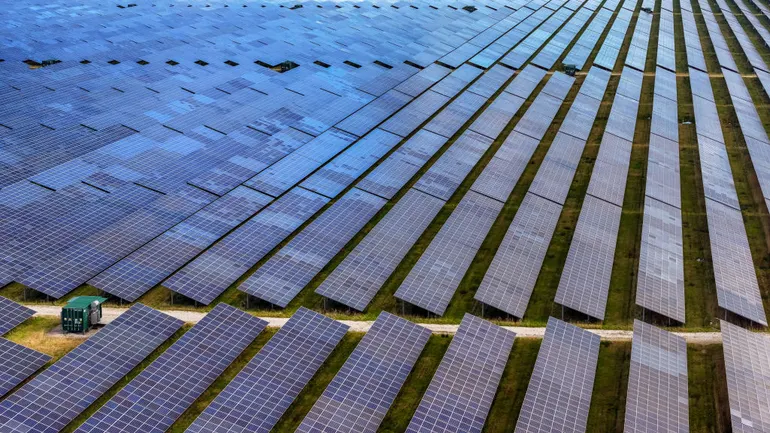The Appellate Void and Trump v. CASA
At yesterday's birthright citizenship oral argument, several justices (most notably Justice Kagan) expressed concern about the appellate void I described back in March: What if the government loses in the district court or court of appeals and simply declines to appeal? In a clear-cut case, where the government loses across the board, this strategy could deprive the Supreme Court of appellate jurisdiction and thereby prevent the establishment of any nationally binding precedent. The government could then defy a lower court judgment, daring it to enforce contempt sanctions without the cooperation of the executive branch or backup from the Court.In a world without universal injunctions, the government would not need to go so far as defying lower court orders to exploit this appellate void. It could comply as to the plaintiffs, while refusing to treat any adverse lower court decision as binding precedent. If all of the government's losses are in district court, as might be the case for truly clear-cut constitutional violations, those decisions would not in fact establish any precedent, since district court decisions are non-precedential. In contexts where a class action is unavailable, this would leave anyone who lacks the wherewithal to bring their own suit without a judicial remedy. For something like the birthright citizenship order, such persons could number in the millions. This possibility has always been the strongest practical objection to universal injunction abolitionism and the narrow, private-law model of Article III that it rests upon. But the objection carries less force in a world where the government can be counted upon to appeal its defeats, preserving the Court's power to establish nationally binding precedents that are functionally indistinguishable from universal injunctions. Yesterday, the solicitor general insisted that we still live in that world. But the justices did not seem so sure. Nor did they seem sanguine about the possibility of widespread constitutional violations falling into the appellate void.The future of universal injunctions--and perhaps the birthright citizenship order--might turn on these questions.
At yesterday's birthright citizenship oral argument, several justices (most notably Justice Kagan) expressed concern about the appellate void I described back in March: What if the government loses in the district court or court of appeals and simply declines to appeal? In a clear-cut case, where the government loses across the board, this strategy could deprive the Supreme Court of appellate jurisdiction and thereby prevent the establishment of any nationally binding precedent. The government could then defy a lower court judgment, daring it to enforce contempt sanctions without the cooperation of the executive branch or backup from the Court.
In a world without universal injunctions, the government would not need to go so far as defying lower court orders to exploit this appellate void. It could comply as to the plaintiffs, while refusing to treat any adverse lower court decision as binding precedent. If all of the government's losses are in district court, as might be the case for truly clear-cut constitutional violations, those decisions would not in fact establish any precedent, since district court decisions are non-precedential. In contexts where a class action is unavailable, this would leave anyone who lacks the wherewithal to bring their own suit without a judicial remedy. For something like the birthright citizenship order, such persons could number in the millions.
This possibility has always been the strongest practical objection to universal injunction abolitionism and the narrow, private-law model of Article III that it rests upon. But the objection carries less force in a world where the government can be counted upon to appeal its defeats, preserving the Court's power to establish nationally binding precedents that are functionally indistinguishable from universal injunctions. Yesterday, the solicitor general insisted that we still live in that world. But the justices did not seem so sure. Nor did they seem sanguine about the possibility of widespread constitutional violations falling into the appellate void.
The future of universal injunctions--and perhaps the birthright citizenship order--might turn on these questions.









